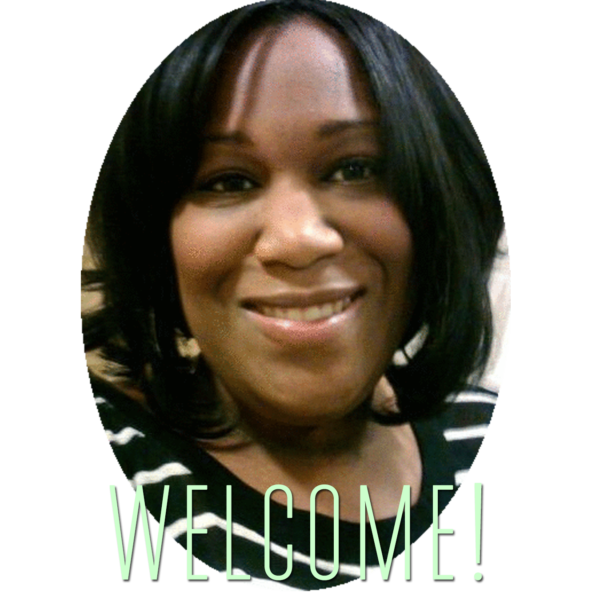
Yes. You read that right. And no, it’s not like how you’re thinking.
Hip hop music has been feared and labeled as the source of at least a dozen and a half of society’s ills: wanton hypersexuality, materialism and the ugliness of American consumptionism, senseless street violence, steering kids off of the path of legitimate careers, and the list goes on and on.
I’m not here to defend hip hop. I can name dozens of lyrics that I personally do not agree with. On the other hand, I can recite lyrics that made me feel proud of who I am and where I’m from and to believe in the fruition of unrealized dreams.
I was a kid who came to age in the late 1990s. You know, before hip hop became more mainstream. Hip hop culture informed the backdrop of my adolescence and young adulthood. I grew up alongside a broad cross-section of super smart and successful people – who’d go on to Ivy Leagues or become MDs or industry leaders – who have very catchy, yet problematic rap lyrics of our youth solidly burned into our brains. At the same time, other contemporaries have ended up in not-so-savory life situations, and the music of our formative years is laid to blame.
Is the influence of hip hop music what you make of it?
This question rocked my world during a college internship at an alternative school. Much like me as a teen, these kids lived, breathed, and practically idolized hip hop figures. They replayed lyrics and committed music video storylines to memory. They bathed in the vivid imagery, the unmatched bravado, and subtle and not-so-subtle exhortations about manhood, womanhood, sexuality and relationships, career aspirations, and living your best life.
I was concerned about these kids’ and their futures. They were already on the edge: Two seconds from being permanently expelled from the school system and/or on their way to juvie. It was an everyday struggle to keep them on the right path. When admonished to pass classes to graduate high school, Antonio* (not his real name) questioned why because Famed Rapper of the Year didn’t graduate and was more “successful” than everyone in the school combined.
One day after lunch, the kids were huddled together, constructing their own mock court with judge and jury, taking turns exhorting each other to prison sentences.
Heavy.
When Sigmund Freud and his proteges considered kids’ play as a way to work out pressing anxieties, I’m not sure this was the picture they had envisioned. And yet here we were.
How did the musical backdrop of my youth shape me into who I am? How would it shape Antonio’s?
Would hip hop be blamed if Antonio ended up in court or prison? Why didn’t it have the same adverse affect on the millions of other kids who were just as enamored by it? What explains the difference?
What Does The Science Say?
I was a psychology major. I’d taken a ton of classes on leading thinkers and theories. I’d walked away with an understanding of their discoveries, but had never envisioned uncovering my own discoveries about everyday questions or issues lurking around my corner of the world. I had never thought myself a future scientist, and yet, this is exactly the mindset that graduate programs hope their applicants embody.
Graduate school is as much about advanced study as blossoming from dutiful student to productive colleague. My twenty-two year old self wanted answers. If media exposure counts for so much, what exactly are kids learning from it? What does the science say?
Lo and behold, researchers were steadily busy doing the work of acquiring answers to the everyday questions running through my head. It suddenly clicked to look them up, consume their latest work, and apply to work with them (in graduate school).
Finding Your Purpose
Most graduate programs inquire about reasons for seeking admission. It does not matter whether you want to become a journalist, medical doctor, physical therapist, attorney, or mental health practitioner. When asked, you need more than generic answers. For a long, long time, I was stuck on some variation of a “I want to help people” cliche. Yes, but how? This is your purpose.
Purpose can come from unexpected places. For me, it came from a small alternative school, full of kids on the verge of school expulsion or incarceration. In the most unexpected way ever, hip hop led me squarely to graduate school. Some things are the same, no matter the specifics of your graduate school journey:
- Deep dive to identify preeminent scholars/programs in your area of interest
- Zero in on the universities where they teach and/or work
- Read their latest work to get familiar with your field
- Invest in ways to gain practical experience to build on in graduate school
- Apply where your potential mentors are
Getting admitted to graduate school is so much more than objective criteria, like having the “right” GPA or test scores. Ask yourself:
- How have your past experiences led you to pursue advanced study?
- Is there a specific topic, issue, controversy that really gets you going?
- How about a target population in great need?
- How do you envision making an impact?
- How will the program help get you there?
Apply To Your Field Of Study
So, listen, I understand that everyone does not want to be a psychologist, like I did. The really great thing is that you don’t have to. You can apply these same self-discovery questions to just about any field, to help you refine your interests in any graduate program of study.
Let’s say you’re really into medicine. You were intent on becoming a pediatrician, providing direct patient care, until you attended a lecture by a well-known researcher, discussing the latest on the genetic underpinnings of childhood cancers. You were especially moved by a few promising research studies mentioned in the lecture. You had never really considered medical research before, but after a few words with the speaker, you were intrigued by how much of a greater impact you could make in eradicating certain childhood cancers completely. And this is what led you to graduate study.
A law school applicant’s interest may have been piqued years before after a nasty divorce and years long custody battle between their parents. Maybe it was an introduction to the curious concept of grandparent rights after a newsworthy case. Or immigration law after a pivotal political case involving the deportation of a minor.
Doing critical, but often overlooked, self-assessment work beforehand gives rise to clarity, which can then be woven into grad school applications. Exploring these fundamental questions, finding the answers within yourself, and being able to effectively communicate through your application materials and/or interviews is key to rising head and shoulders above other applicants.
 Traditional vs. Online Graduate Programs – Pros and Cons
Traditional vs. Online Graduate Programs – Pros and Cons First Things First: Setting Up An Accountability Partnership
First Things First: Setting Up An Accountability Partnership Do You Really Want A Ph.D. in Psychology?
Do You Really Want A Ph.D. in Psychology? Accountability Partners: Your Secret Weapon In Applying To Grad School
Accountability Partners: Your Secret Weapon In Applying To Grad School